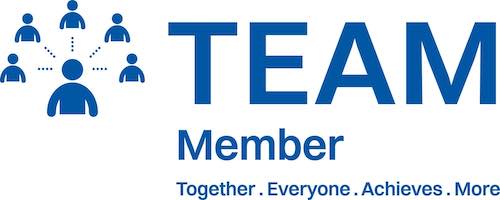The Ultimate Guide To Career Progression





Career progression is a critical aspect of professional development that helps individuals grow and advance in their careers. In this article, we'll explore what career progression means, the benefits it brings, how to develop goals for career progression, and how working with employers can help achieve those goals.
Definition of Career Progression
Career progression refers to the process of moving up the career ladder within an organization, either through promotions or by taking on new responsibilities and challenges. It involves acquiring new skills, developing existing ones, and improving one's knowledge base. Career progression is not limited to a particular industry or sector. Whether you're working in finance, technology, healthcare, or any other field, there are always opportunities for growth and advancement.
Benefits of Career Progression
Career progression offers several benefits to employees, including increased job satisfaction as they have clear goals and objectives; improved salary as they move up the career ladder; development of new skills through taking on new challenges; expanded network; and better job security as employees who demonstrate commitment to their professional development are often seen as valuable assets by employers.
Developing Goals for Career Progression
The first step in developing goals for career progression is identifying what you want to achieve. This involves thinking about what you want your career to look like in five or ten years. Once you have a clear vision of your long-term goals, break them down into smaller achievable steps.
It's essential to make a plan to achieve these goals by setting specific measurable targets that will help reach long-term objectives. Regularly tracking progress towards these goals can help ensure that you're staying on track and taking action towards achieving what matters most.
Working with Employers to Achieve Goals
Working collaboratively with employers towards achieving career development goals is critical for success. By having open conversations about career progression with supervisors or managers and leveraging opportunities for advancement in the workplace such as taking on additional responsibilities outside of the usual scope of work, attending company training sessions or workshops, employees can position themselves effectively for success while demonstrating their commitment to personal growth as well as contributing positively towards the organization's growth.
The Impact of Career Progression on Salary
Career progression often goes hand-in-hand with salary increases as employees develop new skills and take on new responsibilities. These increases provide financial stability, motivate employees, and increase job satisfaction. Promotions, training programs, and performance-based raises are some examples of salary increases associated with professional development.
In conclusion, career progression is crucial for professional success and benefits both employees and employers alike. By understanding what it means and how it works, individuals can take control of their careers and achieve their goals more effectively through setting specific measurable targets that will help reach long-term objectives while leveraging opportunities for advancement in the workplace through working collaboratively with employers towards achieving career development goals.





